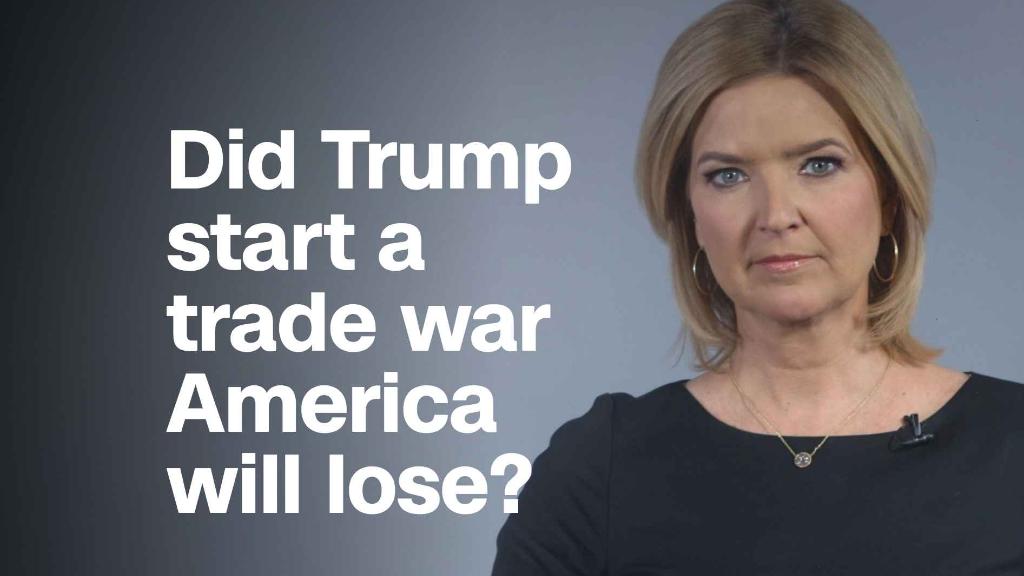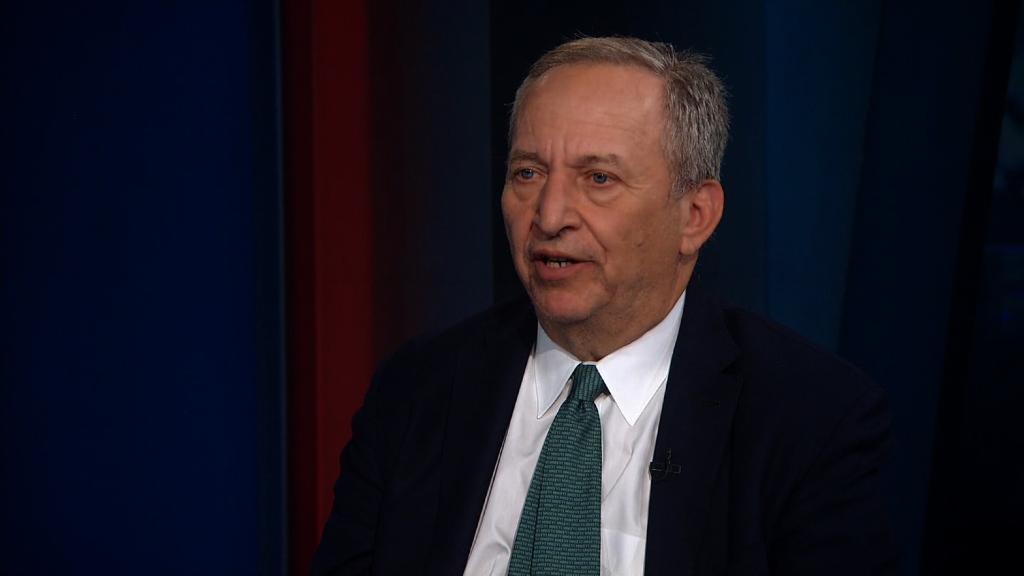
Gary Cohn's sudden resignation as President Donald Trump's top economic adviser has rattled Wall Street, stoking fears the US could fight a trade war.
Trump's plan to slap steep tariffs on all US imports of steel and aluminum appears to have been the last straw for Cohn, a former Goldman Sachs (GS) banker and free trade advocate.
Experts fear his departure removes a key restraining influence in the White House and could be followed by tougher moves against China, and the collapse of the North American Free Trade Agreement.
"There is now no one with the ear of the president who is a supporter of the existing trade system," said Edward Alden, a senior fellow at the Council on Foreign Relations who specializes in trade and economics. "Trump will likely feel liberated by this, but it will only reinforce his own protectionist convictions."
Related: The biggest thing Trump gets wrong on trade
The president's moves on trade so far this year have brought US policy closer to his aggressive campaign rhetoric that accused China and other countries of unfairly taking advantage of the US.
His announcement on steel and aluminum tariffs drew protests from major trading partners like the European Union and Canada, as well as criticism from some American business leaders.
Cohn's exit leaves Trump's trade policy largely in the hands of far more hawkish figures including Trade Representative Robert Lighthizer and adviser Peter Navarro. Both of them have singled out China's approach to trade as unfair and argued in favor of using tariffs to press for a change in its behavior.
An increase in trade tensions is "close to inevitable," said Alex Wolf, a Hong Kong-based economist at investment firm Aberdeen Standard Investments. Cohn's exit makes Trump more likely to indulge the views of his more protectionist advisers, he added.

The planned steel and aluminum tariffs aren't targeted at a specific country and are expected to hit exports from countries including Mexico, Canada, China and Brazil.
The EU has already threatened to retaliate with its own tariffs on imports of American products including Harley Davidson motorcycles, Levi's jeans and bourbon whiskey.
Related: 'Trade wars are good?' Two words: Great. Depression.
Trump will have the opportunity to go after China directly when he reviews the results of an investigation led by Lighthizer into alleged Chinese theft of US intellectual property. It could result in heavy restrictions on Chinese investment in the US and tariffs on a wide range of products.
Cohn's resignation "increased the risk tenfold that President Trump will follow through with far-reaching trade tariffs," said Stephen Innes, the head of Asia-Pacific at currency trading firm Oanda.
Aberdeen's Wolf thinks China could respond by making life harder for American companies doing business in its huge market.
"US multinational sales in China are significant and it's a large source of growth," he said. "The risk is what does China does in regard to market access for the likes of Apple, (AAPL) Microsoft (MSFT) and Starbucks. (SBUX)"
Related: Why steel and aluminum tariffs matter to the US economy
Cohn's departure also comes as negotiations over NAFTA, the agreement that links the US, Canadian and Mexican economies, reach a critical point. Trump has slammed NAFTA as the worst trade deal in American history and repeatedly threatened to kill it.
He said this week that tariffs on steel and aluminum would only be removed if Canada and Mexico concede to his demands on a new deal, an approach experts say is likely to hamper the NAFTA talks.
In a call with Trump on Monday, Canadian Prime Minister Justin Trudeau "emphasized that the introduction of tariffs would not be helpful to reaching a deal on NAFTA," according to a statement from Trudeau's office.
Without Cohn arguing in favor of free trade inside the White House, the risk of the negotiations going awry appears to have increased.
"We're in for a fairly turbulent period, I fear," said Alden, the Council on Foreign relations expert.
-- Matt Egan and Jethro Mullen contributed to this report.


